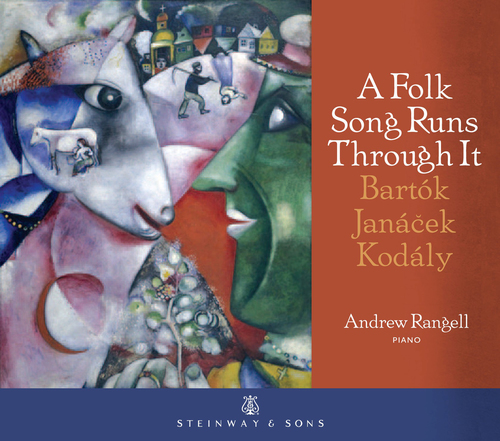

He was a pioneering collector of folk music, and the colorful modes and complex rhythms he found in the music of the Balkans and his native Hungary stimulated many of his own stunning musical inventions, right through to his final, life-affirming work, the Concerto for Orchestra (1943).

The sounds of night-birdcalls, insect noises-found echo in the magnificent concertos and string quartets that form the backbone of his output. At a time when most musical modernists were thoroughly urban in attitude, Bartók felt ill at ease in cities, looking instead to nature for inspiration. There was always a sense that Bartók was not quite of this world.


 0 kommentar(er)
0 kommentar(er)
